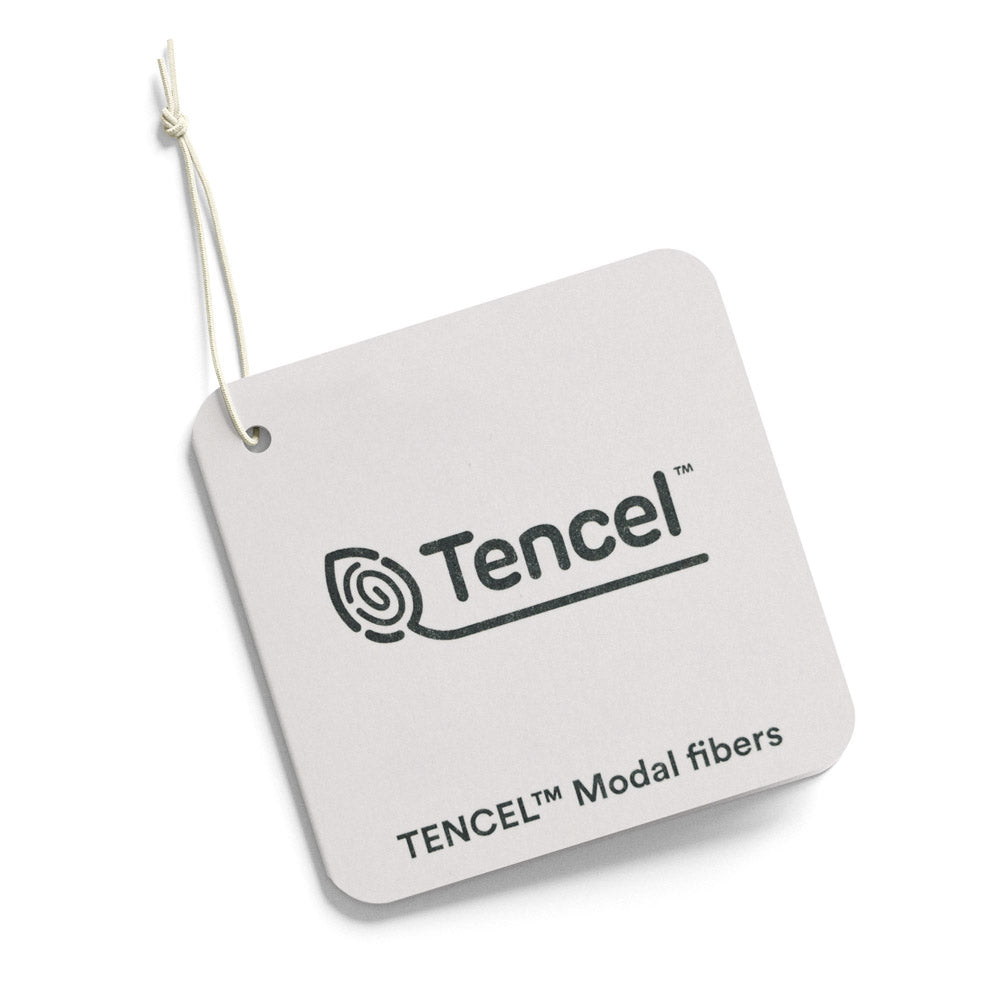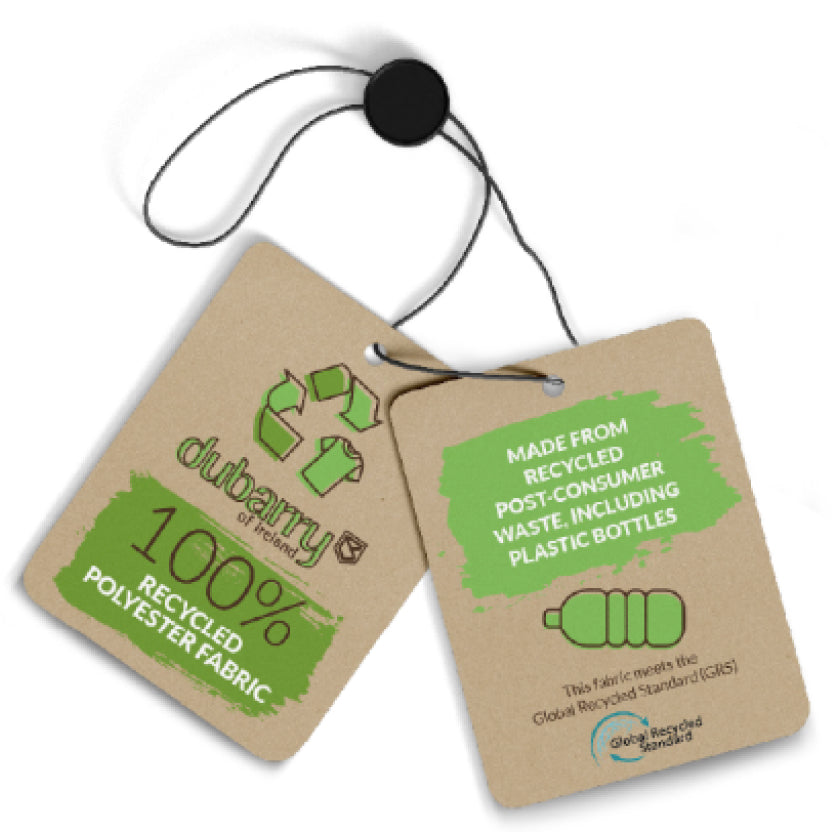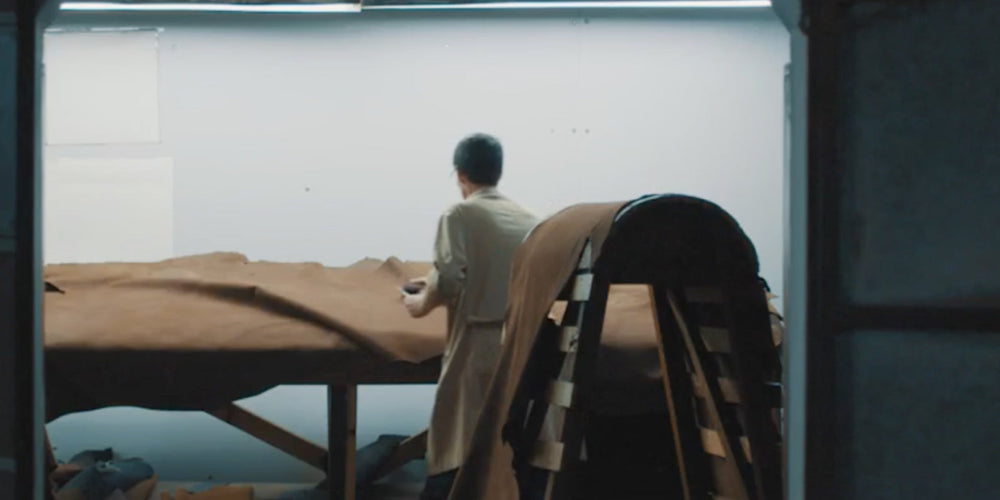
Sustainable Production Materials
We understand at Dubarry that footwear and clothing production comes at an environmental cost, however, we aim to use the most sustainable and environmentally friendly materials when crafting our apparel.
Details of materials are listed below. Read here for our Sustainability Statement.
Table of Contents
Wool
Wool is one of the most sustainable and environmentally friendly natural fibers and also the ultimate performance fiber. Sheep bred for wool are part of the natural carbon cycle. Wool is also renewable, biodegradable and recyclable.
- Our wool mills recycle 100% of their wool waste.
- Our mills ensure to take eco-friendly measures where possible.
Knitwear
40% wool, 35% nylon, 25% rayon yarn.
- Certified under the responsible Wool Standard. Wool is a natural, breathable fiber with great insulating properties.
- Nylon is a fiber used to help improve durability, prevents shrinking and enhances pill resistance to ensure your garment still looks good after long-term wear. Rayon is a man-made fiber derived from wood pulp. This fiber is sustainable and fully biodegradable.

Technowool
Combines the natural advantages of wool with the functional properties of synthetic fibers. Synthetic fibers transport the moisture to the outside where the wool stores it until it gradually evaporates into the air.
- Technowool is a very environmentally sound fabric that has an extremely small carbon footprint, which is 100% recycled.
- All Technowool qualities are chlorine free; friendly to the skin and the environment.
Tencel™ Modal
Carbon-zero TENCEL™ available for a broad range of fibers.
- Tencel™ Modal is derived from European wood sources using Eco Soft technology and is made from sustainably managed beech wood pulp using a closed-loop production process making it a sustainable fibre.
- The fibers are certified as compostable and biodegradable, and in the right conditions can fully revert back to nature.
Recycled Polyester
100% recycled polyester, made from recycled plastics.
- To reduce our carbon footprint we have made a conscious decision to use 100% Recycled polyester where possible.
- Retaining the same high quality with the added benefit of reduced carbon footprint during production.


Wax Cotton
Sourced from the pioneers of waxed cotton and weatherproofed fabrics. Environmental responsibility is at the forefront of their latest developments and products.
- Cottons are sustainably sourced and the high tradition of skills and fabrics innovation imposed by our original guildsmen is still the benchmark standard of honest workmanship today.
- The processes are gentle to the product and low impact to the environment:
- The dyeing methods use very low levels of water.
- Waxes are heated for application and cooled down to store when not in use.
Shirting
Shirts are manufactured in a small, family-owned factory in Portugal using the finest Portuguese fabrics.
- STANDARD 100 by OEKO-TEX® is one of the world’s best-known labels for textiles.
- A fabric that carries this standard, certifies that it has been tested for harmful substances and is harmless for human health.
Technical Down
Garments are filled with a unique blend of 100% post-consumer recycled materials that is completely free of animal products.
- Its special composition provides the same warmth and lightness of traditional down but has much improved washability and durability.
Dubarry Leathers
Our leather suppliers implement the best manufacturing methods possible for a smaller environmental footprint and high sustainability.
- Low consumption of water and ingredient products, with 100% of wastewater being treated.
- We choose exclusively European suppliers with excellent environmental policies.
- Reduction and programmed control of gaseous emissions

Down Filling
Down Filling is used in our clothing due to its lightness and temperature regulatory features providing our customers with products which are lightweight yet also warm.
- Dubarry's Down Filling is gathered from sustainable nests
- Dubarry's Down Filling is cruelty-free and a natural by-product
- Dubarry's Down Filling is lightweight, warm and breathable
Primaloft
Silver Insulation. Made from 70% Post Consumer Recycled Content.
- Bluesign approved: Bluesign eliminates harmful substances at each step of the supply chain.
- STANDARD 100 by OEKO-TEX is one of the world’s best-known labels for textiles. This product has been tested for harmful substances. It stands for customer confidence and high product safety.
GORE-TEX Fabric
GORE-TEX Fabric - Reducing Chemical Impacts & Ensuring Responsible Chemical Use - A Statement from GORE Fabrics
As a technology company that develops and manufactures innovative fabric solutions, we take seriously our responsibility to ensure the chemicals used in our products do not harm any person or the planet. For more than 30 years, our scientifically tested and proven GORE‑TEX materials have been keeping people dry and warm so they can spend longer in the outdoors. At the heart of GORE-TEX fabrics is an extremely thin membrane called ePTFE that is durably waterproof, windproof and breathable. PTFE is a fluoropolymer.
Fluoropolymers are extremely valuable materials that have unique properties and enable high performing products. For example, the use of fluoropolymers will enhance the durability of a product, enabling a longer life and lowering its environmental footprint. This fluoropolymer is inert, insoluble in water, extremely stable and not biodegradable. Therefore, it does not degrade to become a source of PFCs of Environmental Concern.
GORE Fabrics' Goal and Roadmap for Eliminating PFCs of Environmental Concern*
As part of its commitment to continuously improve the environmental footprint of its consumer fabrics products while maintaining a high level of durability and performance, Gore Fabrics has set itself the goal of eliminating PFCs of Environmental Concern from the life cycle of its consumer fabrics products.
Gore Fabrics intends to eliminate PFCs of Environmental Concern from its consumer fabrics products. This is an important milestone in a long-term journey to continuously reduce the environmental footprint of its products throughout their full life cycle. Gore Fabrics is working towards the elimination of PFCs of Environmental Concern from its Durable Water Repellent (DWR) treatments and membrane manufacturing processes.
The original target for completion of the elimination of PFCs of Environmental Concern from its consumer Fabric products is the end of 2023. Gore Fabrics is proud of the significant progress we have made on this journey with significant changes in DWR chemistries, supplier engagement and the development of alternative materials.
Despite Gore Fabrics’s focus and progress to date, it is now clear that completing the transition of its entire portfolio by the original target date will not be possible due to product development and scaling challenges. Gore Fabrics is still fully committed to the PFCec-Free goals, and now is on track to transition the vast majority of its consumer portfolio by the end of 2025.
*PFCs (per and poly-fluorinated chemicals) is a term with no commonly agreed definition, and like PFAS (per and poly fluorinated alkyl substances), generally refers to a broad group of highly fluorinated compounds with vastly differing physical attributes and properties. So, in communicating about PFCs it is important to be specific about the particular PFC or group of PFCs being discussed.
Gore has identified a group of PFCs as being of environmental concern. These PFCs of Environmental Concern (PFCEC) are highly fluorinated, small enough to be bioavailable, and persistent. Although not all PFCs of Environmental Concern are hazardous, they do have the potential to become widely dispersed in water, where they will remain for multiple generations. Therefore, Gore Fabrics has established goals to eliminate them from the life cycle of our consumer fabrics products.
PTFE is not a PFC of Environmental Concern. PTFE is safe and environmentally sound. This fluoropolymer is highly stable, too large to be bioavailable, insoluble in water, and does not degrade in the environment. Therefore, it is not a PFC of Environmental Concern and it does not degrade into them.
Packaging
Polybags:
- Made from recycled material.
- We have reduced the size of our packaging to reduce the amount of plastic used.
Hang tags:
- Our hang tags are made from recycled material
Cartons and cardboard:
- We are fully committed to recycling within our supply chain ensuring as much re-use as possible